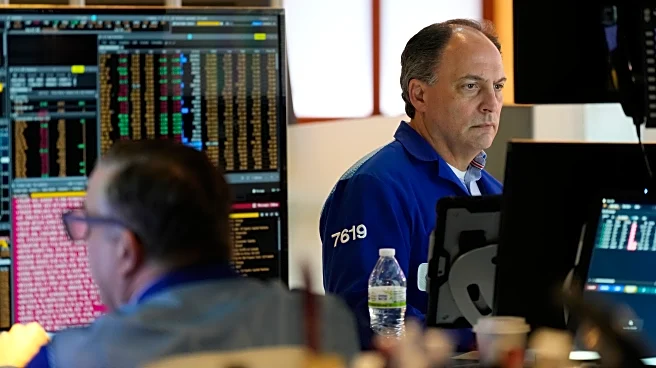What's Happening?
In the current global economic climate, many organizations are adopting a 'wait and see' approach, delaying significant capital investments due to economic slowdowns, inflation, and tariff changes. This hesitation is particularly costly for companies operating transportation fleets, as it leads to a 'hesitation tax'—a term describing the financial penalties incurred by delaying essential truck upgrades. Aging fleets result in higher maintenance costs and safety risks, as modern trucks equipped with advanced safety technologies are crucial for efficient operations. The economic landscape, including trade tensions and tariffs on imported materials, further complicates the cost of new equipment, making fleet modernization a strategic imperative.
Why It's Important?
The hesitation to modernize fleets has significant implications for the transportation industry. Delaying upgrades increases operational expenses and safety risks, undermining competitive advantage. Modern trucks offer advanced safety features that reduce accidents and improve fuel efficiency, which are essential for maintaining profitability and reputation. The economic factors, such as tariffs and inflation, mean that costs for new equipment will likely rise, making immediate investment more financially prudent. Companies that fail to modernize risk higher future costs and compromised safety, affecting their ability to deliver products efficiently and responsibly.
What's Next?
Organizations are encouraged to prioritize fleet modernization by reframing it as a strategic investment rather than an expense. This involves exploring flexible leasing options, integrated maintenance services, and developing multi-year procurement plans to anticipate future needs and regulatory changes. The restored 100% bonus depreciation rate offers tax advantages for leasing, making it an attractive option for companies. Accelerating fleet modernization is crucial to avoid future costs and gain a competitive edge, ensuring operational resilience and fulfilling the responsibility of efficient product delivery.










